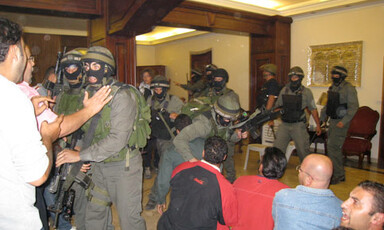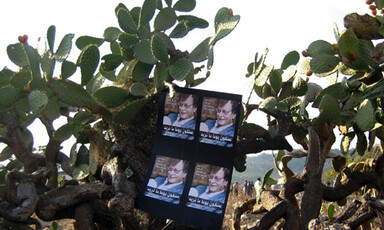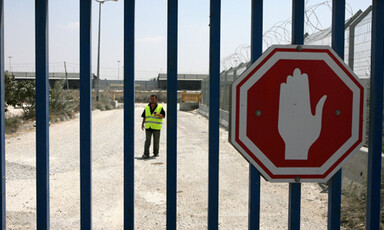
Israel's weapon of house demolitions
Beit Hanina, West Bank 25 August 2008
The four-story building in Beit Hanina, a Palestinian neighborhood a few miles north of East Jerusalem, was clearly home to wealth. As our carload of internationals pulled up the small street leading to Abu Majed Eisha’s house at around midnight I noticed several BMWs parked along the way. From what I had learned during my brief time in the West Bank, Palestine, I knew already that this was not going to be an ordinary house demolition. Jill Shaw writes from Beit Hanina. Read more about Israel's weapon of house demolitions








